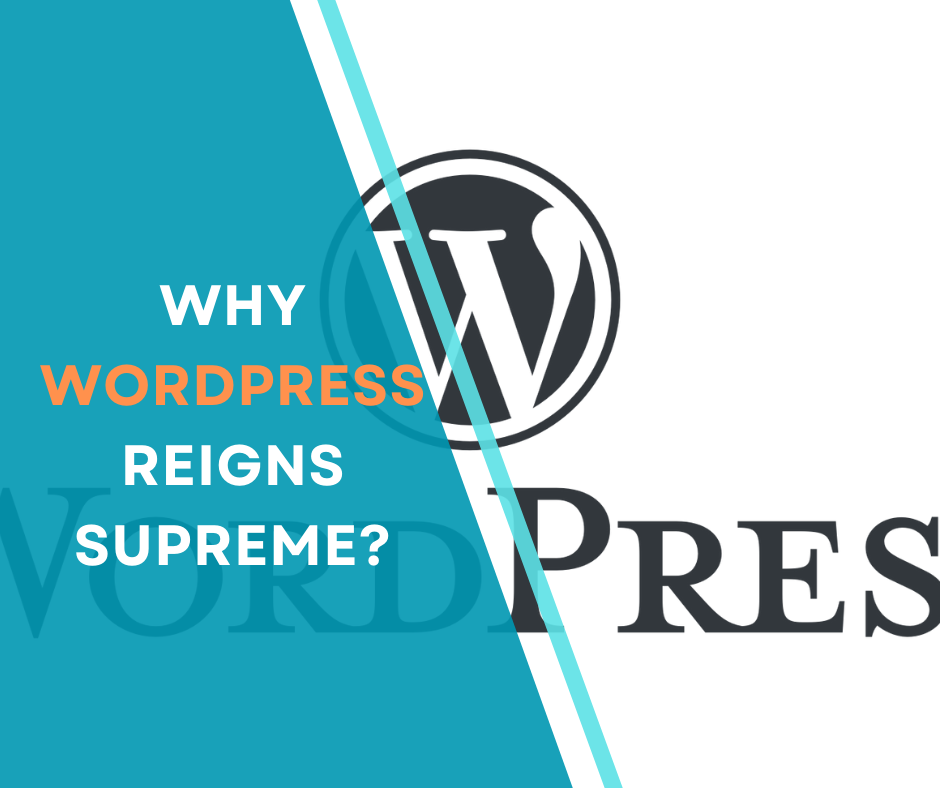Unlocking SEO Success: Why WordPress Reigns Supreme
In the dynamic world of digital marketing, Search Engine Optimization (SEO) is the cornerstone of online visibility. A powerful website is the key to a successful online presence, and when it comes to building SEO-friendly websites, WordPress stands tall among the competition. In this article, we’ll explore the reasons why WordPress is the go-to platform for achieving SEO success.
1. User-Friendly Content Management:
One of the primary reasons WordPress excels in SEO is its user-friendly content management system (CMS). With a simple and intuitive interface, even beginners can easily manage and update their website content. This agility allows website owners to consistently produce fresh and relevant content—a crucial factor in SEO rankings.
2. SEO-Friendly Permalinks:
WordPress offers customizable and SEO-friendly permalinks, allowing users to structure their URLs with keywords that reflect the content of the page. This feature contributes significantly to search engine algorithms, helping to boost a site’s ranking for specific keywords.
3. Responsive Design:
In the era of mobile-first indexing, having a responsive website design is paramount. WordPress themes are inherently mobile-friendly, ensuring that your website adapts seamlessly to various devices. Google rewards mobile-friendly websites with higher rankings, making WordPress an excellent choice for those aiming to cater to a diverse online audience.
4. Robust Plugin Ecosystem:
WordPress boasts a vast ecosystem of plugins that can enhance the functionality of a website. Numerous SEO-focused plugins, such as Yoast SEO and All in One SEO Pack, provide users with tools to optimize their content, meta tags, and sitemaps. These plugins simplify the SEO process, even for those with limited technical expertise.
5. Speed and Performance:
Website speed is a critical factor in SEO rankings. WordPress, with its clean and efficient codebase, facilitates faster loading times. Additionally, users can leverage caching plugins and content delivery networks (CDNs) to further enhance their website’s speed, ensuring a positive user experience and higher search engine rankings.
6. Regular Updates and Security:
Search engines prioritize secure and up-to-date websites. WordPress, being an open-source platform, receives regular updates that address security vulnerabilities and introduce new features. Keeping your WordPress site updated not only ensures optimal security but also signals to search engines that your site is well-maintained and trustworthy.
7. Rich Multimedia Support:
Engaging content goes beyond text, and WordPress understands the importance of multimedia. The platform supports a variety of multimedia elements, including images, videos, and infographics. Including multimedia content not only enhances user engagement but also provides more opportunities to incorporate relevant keywords and improve SEO.
Conclusion:
In the competitive landscape of online visibility, WordPress emerges as a powerful ally for those seeking to optimize their websites for search engines. Its user-friendly interface, SEO-friendly features, and robust plugin ecosystem make it the preferred choice for individuals and businesses looking to climb the ranks in search engine results. By harnessing the capabilities of WordPress, you can pave the way for SEO success and ensure that your online presence thrives in the ever-evolving digital landscape.
We have a team of WordPress developers and designers who will help you to achieve your goals and increase your website traffic, ROI and optimize the bounce rate
Contact us today…




